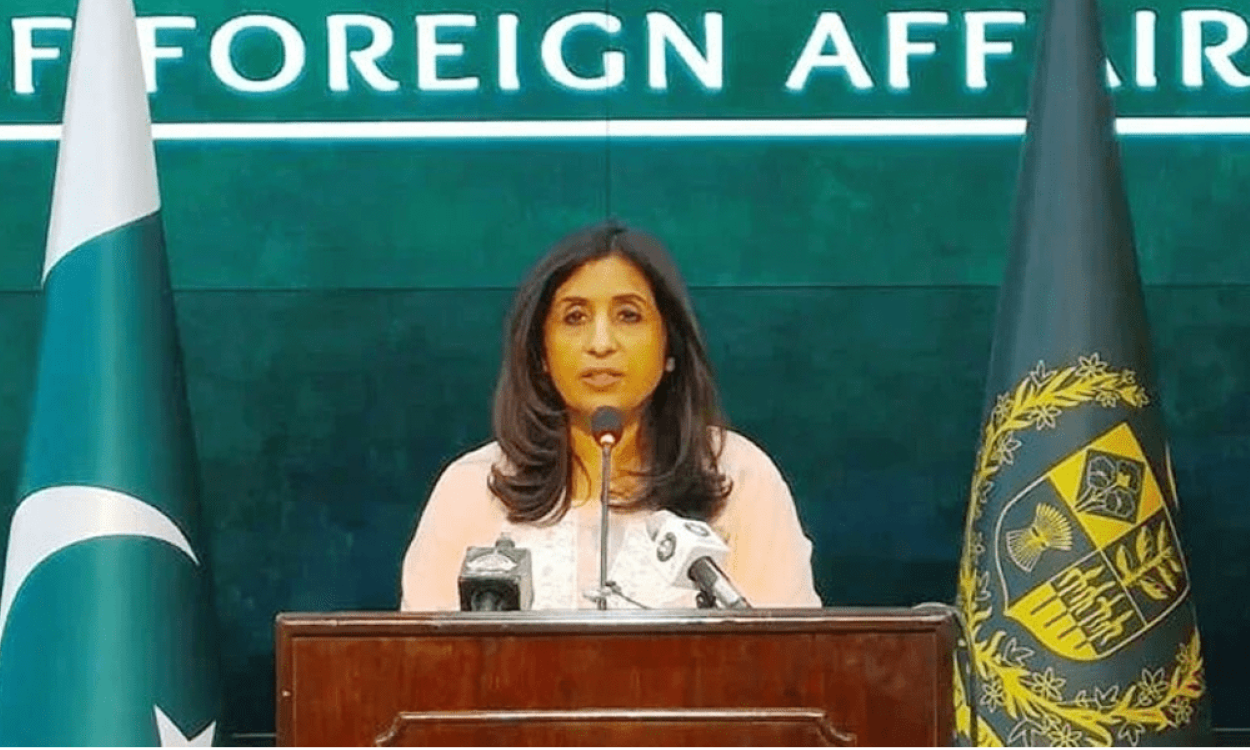The Pakistani foreign office staunchly refuted recent allegations by US publication The Intercept, which claimed that Pakistan facilitated weapons to Ukraine in exchange for an IMF bailout package secured in July. The publication cited internal documents and informed sources to substantiate its claims, stating that this manoeuvre forced Pakistan to pick a side in the ongoing Russia-Ukraine conflict. In response, the Ministry of Foreign Affairs spokesperson, Mumtaz Zahra Baloch, labelled the story as “baseless and fabricated”, emphasizing Pakistan’s strict neutrality policy and adherence to stringent end-user requirements in defense exports.
Despite historical pressures to adopt a clear stance on the Russian invasion, Pakistan has maintained a neutral position, even abstaining from voting on a UN resolution condemning Russia. This neutral stance, however, has been called into question, reigniting debates over Pakistan’s actual role and alliances in the global scenario.
The Intercept’s Claims on Pakistan’s Involvement
The Intercept report drew a connection between the alleged arms deals and the economic and political repercussions within Pakistan, including high inflation rates and civil unrest. It argued that the critical support from Pakistan to the US and its allies during the war was rewarded with the IMF bailout, further enabling the new government to postpone elections and initiate a crackdown on civil society, which allegedly led to the imprisonment of former Prime Minister Imran Khan.
The report detailed that the arms transactions were facilitated by Global Military Products, a subsidiary of Global Ordnance, significantly influencing the procurement of the IMF bailout. It raised concerns about the potential jeopardy of democracy in Pakistan, linking it to the nation’s purported involvement in the Ukraine conflict and the subsequent financial aid from the IMF.






